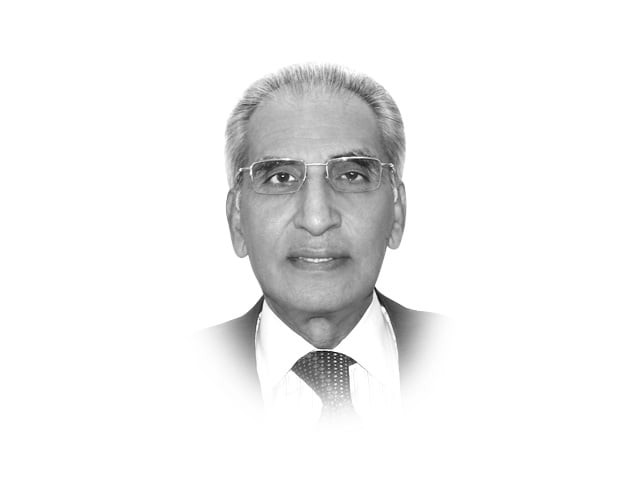A distressing disconnect
What makes the situation more explosive is the ‘disconnect’ is not only between Pakistan-US, but among Pakistanis too.

More importantly, it has left Pakistan-US relations virtually in tatters. It will take much more than Senator Kerry’s ‘tough love’ message and Pakistan’s promises to “immediately demonstrate its seriousness of purpose”, as regards its commitment to the war on terror, to repair the damage already done.
The Americans have sought to redefine ties with Pakistan, just as this country’s elected representatives have demanded that relations with the US be “revisited and reviewed”. This would be helpful to both sides as the Abbottabad fiasco has proven that a deeply distressing ‘disconnect’ permeates all aspects of our bilateral ties. Even within the Pakistani establishment, there has been little by way of meaningful communication between the political leadership and the military high command. The Abbottabad incident may have revealed sordid details not aired before, but instead of muddying the national waters, it could become the catalyst for both internal reforms and for external recalibration.
Pakistan and the US have described their relationship as ‘strategic’, claiming that it serves the interests of both. In reality, it has always been ‘transactional’, even unidimensional, and for objectives that were hardly ever the same. However, it is important to note that unlike the first two ‘engagements’, when Pakistan chose wilfully to become an ally of the US in the furtherance of the latter’s global strategic objectives, the current ‘phase’ was initiated not at Pakistan’s behest, but thrust on us; though the military regime eagerly grasped at the opportunity to gain international legitimacy. Consequently, while some goals were shared, differences remained in both tactical approaches and strategic objectives. It is also true that the US has shown little appreciation for Pakistan’s huge sacrifices, or demonstrated little interest in a long-term partnership, but if the relationship has been transactional, we, more than the US, are responsible for the ‘rentier’ role that we have been eager to play.
The result has been a never-ending cascade of accusations, reaching a stage where the highly influential Senator Kerry is demanding that we have to decide to become a “real ally” in the war against terrorism. As he emphasised in Islamabad, the US is no longer in a mood to accept our excuses, but demands meaningful action. His warning that “the road ahead will not be defined by words but by actions” should, however, be a principle that both sides should pledge to honour.
What makes the situation even more explosive is that the ‘disconnect’, is not only plaguing Pakistan-US relations, but the malaise has become painfully evident within Pakistan as well. This has added to American concerns that schisms and fissures within the government could threaten the safety of our nuclear assets, which is a nightmarish scenario for the Americans.
The debate in parliament and the unanimously approved resolution should not be taken as evidence of civil-military clashes nor of Pakistan’s desire to break relations with the US. While at home, the resolution is a clarion call for the elected representatives to assume their constitutional role in providing direction and guidance to the state institutions. The resolution should be taken as a huge help to the government in its efforts to reset relations with the US, especially with regard to many reported agreements and understandings entered into by the previous regime.
The American anger may be understandable, but Pakistan’s outrage is no less justified. But neither can afford to remain stuck in a time groove. Their bilateral relations are much too important for them not to recognise the negative fallout from the current mutual recriminations, not only on them but on the region as well.
Published in The Express Tribune, May 20th, 2011.














COMMENTS
Comments are moderated and generally will be posted if they are on-topic and not abusive.
For more information, please see our Comments FAQ